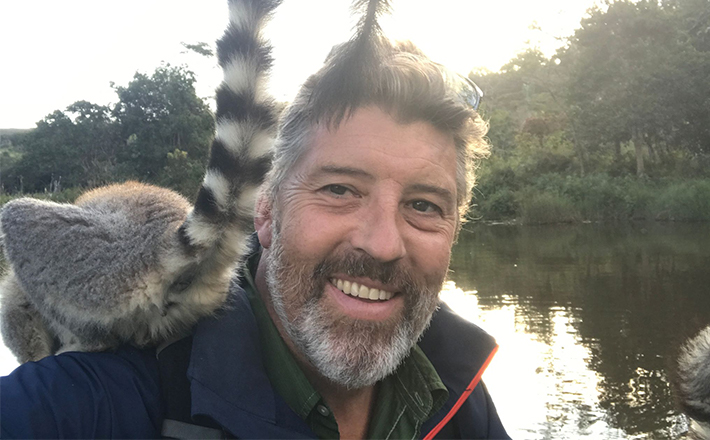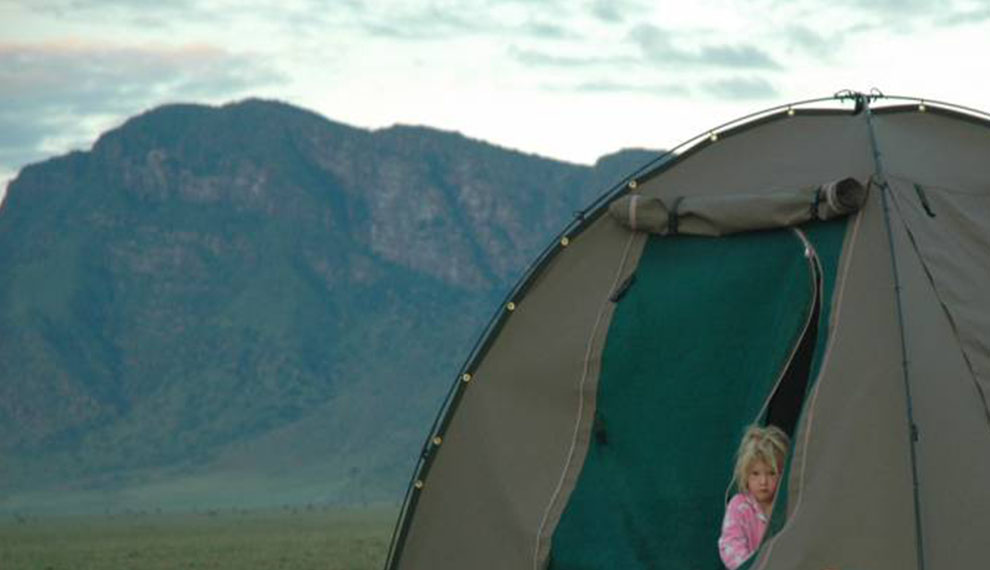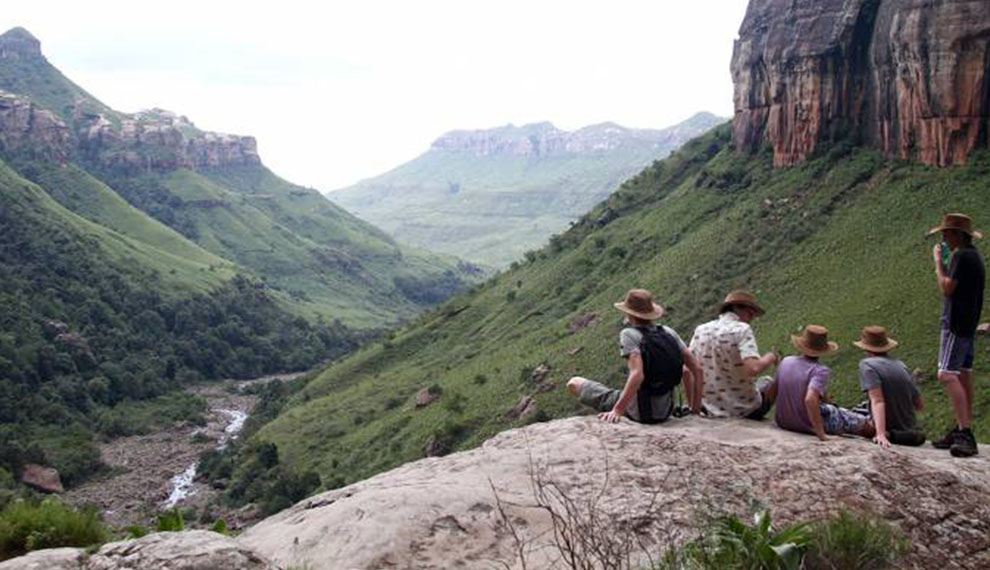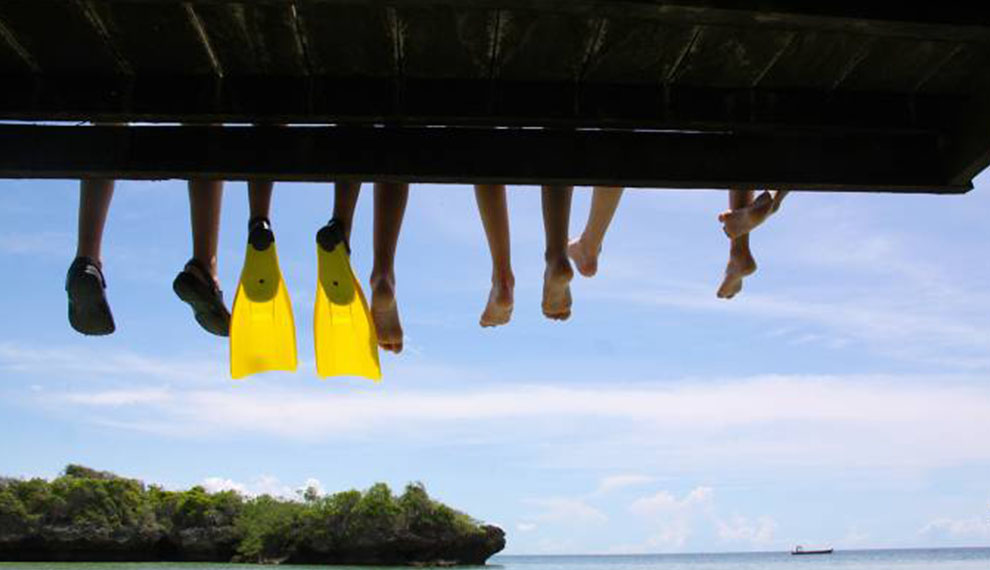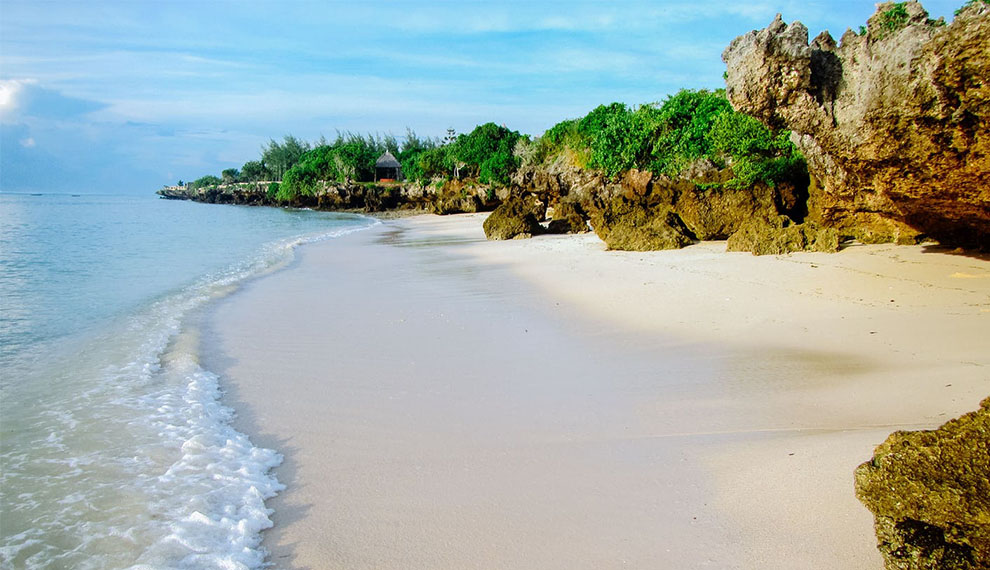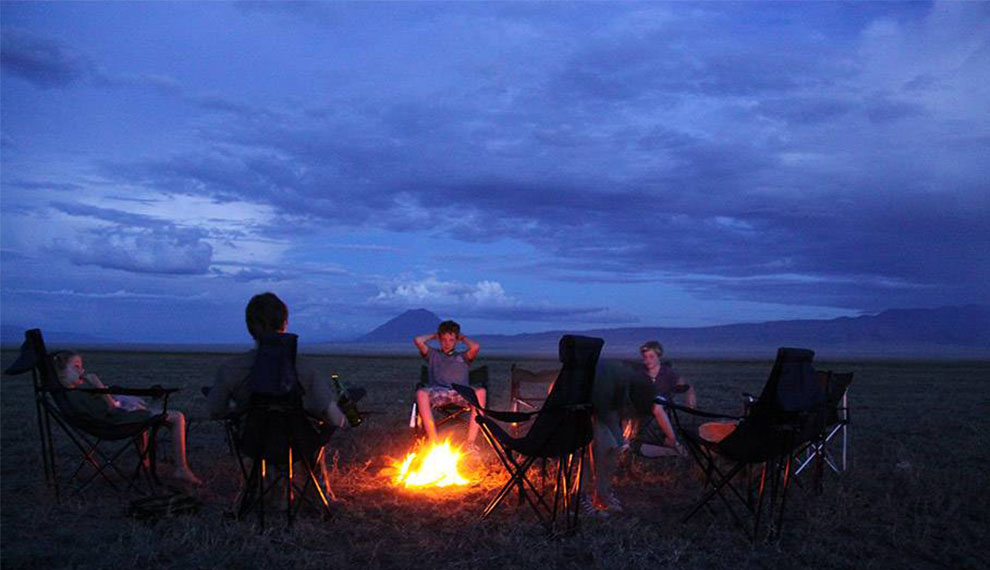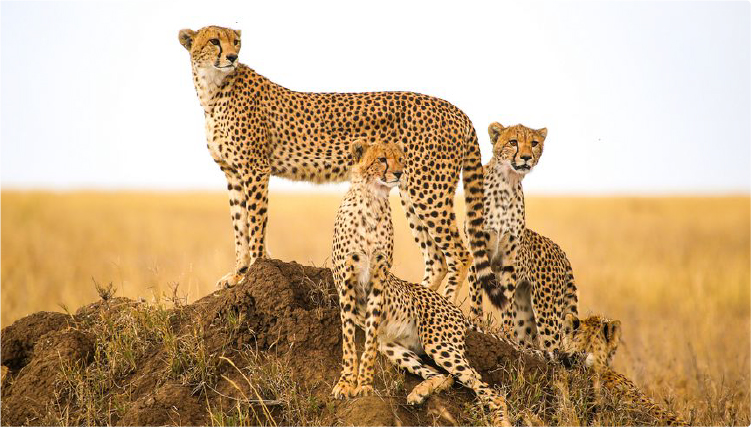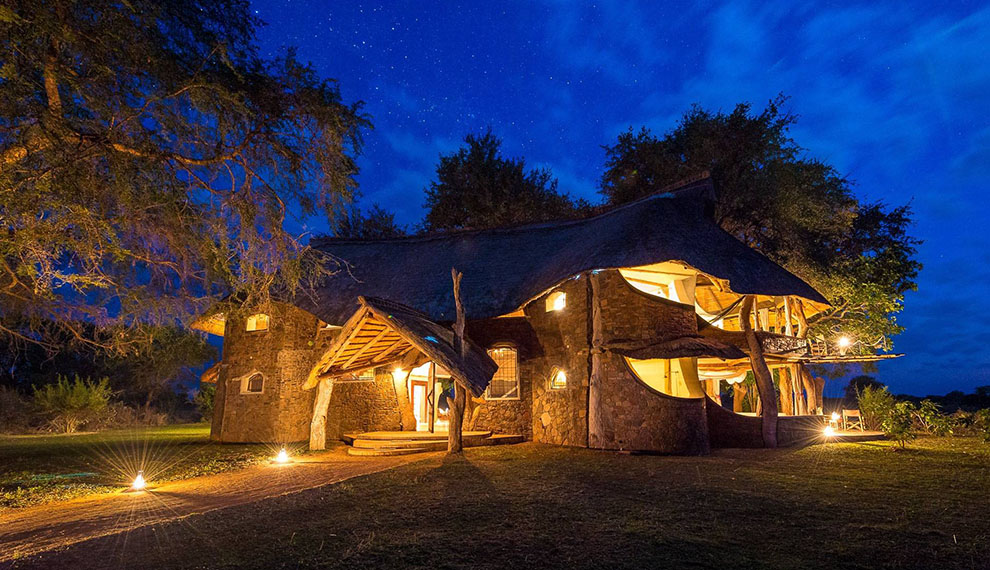
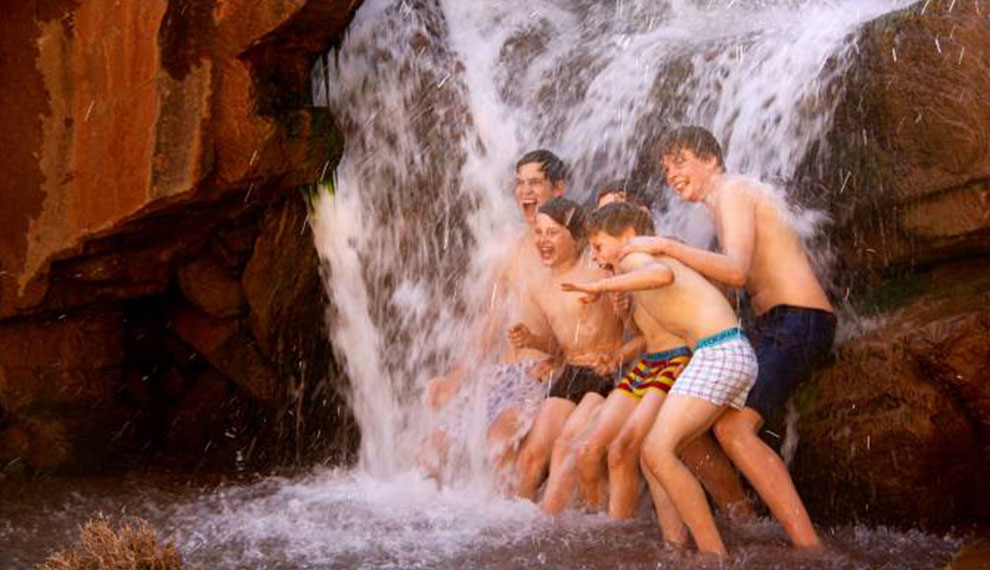
Plan your Perfect Family Safari Holiday
With the right planning, a safari holiday can be the ultimate adventure for parents and children – the holiday of a lifetime, sharing incredible experiences, witnessing awesome wildlife and creating magical memories that will last forever. If you’re thinking about planning a safari holiday over the coming year, here are some steps to help you get the ball rolling:
- Involve everyone in the planning process
- Accommodation options for the whole family – big and small
- Decide what safari experience your family will enjoy
- Before you go – get organised and take some stress out of travel
- What to pack for your safari holiday
This will be a trip of a lifetime and perfection is always in the planning. Find an expert you can trust and start planning early. Many of the best safari camps are small and fill up a long way in advance so you want to ensure that you have maximum choice. There is so much to think about and sometimes can feel rather daunting for first timers, but involve the whole family in lighting the touch paper of imagination. You’ll know your family best and while you may not know what to expect on safari, an experienced travel consultant will take the time understand the sorts of things you’ve enjoyed as a family before and make recommendations based on that. Take some time to get lost in YouTube looking at some of the wonderful safari videos on offer. Check out our family safaris video too.
NH Tip: Keep it short and sweet. Particularly with younger children, less can be more. Four or five nights or intensive safari action will be plenty before heading off for some R&R at the coast.
2. Accommodation options for the whole family – big and small
As you can imagine, in national parks and reserves populated by large numbers of wild animals, many safari camps have age restrictions in place. That said, there are plenty of places that cater specifically for families. We’ve travelled extensively in Africa with our own kids, so have the first hand experience to advise on the best places for families with children of all ages. Make no bones about it, safaris can involve long days, but time spent spotting wildlife in awe-inspiring, remote locations, dinner cooked over an open fire under the stars and bedtime stories accompanied by roaring lions mean there is rarely a dull moment. Each family is different, but here are our favourite three safari accommodation options:
Savour the seclusion of a private house
Possibly the greatest luxury on a safari holiday when travelling as a family is exclusivity – do what you want, when you want. A private safari house affords the privacy to do just that, to be a family, share meals, enjoy the pool and take your own drives and walks led by a superb guide, when and how you want.
Simple but brilliant light tented camps
Light tented camps offer the wonder of flexibility – set up in unspoilt, wildlife-rich areas often in places where vehicles are not allowed. Get off the beaten track to experience real wilderness enjoying your sundowner with not another soul.
On the move with mobile fly camps
Particularly for families with older children, a mobile camp has the ability to access properly wild areas, with ingredients that give a safari its unique flavour – an excellent guide, access to the best areas, great food and a comfortable camp – while minimizing the cost on things that most people can do with out in the context of a safari holiday.
NH Tip: For something more simple, use light tented camps to combine the highlights of the wildebeest migration in the Serengeti with quieter, lesser visited areas of Northern Tanzania – Sit watching elephant drinking at a waterfall in the Great Rift Valley escarpment.
Mobile Fly camps are a fantastic way to move slowly, stop often and experience great wildlife with a dedicated private guide.
3. Decide what safari experience your family will enjoy
Private guide
For us, having an experienced private guide to look after you is pretty much non-negotiable as a family. The amount of time they can devote to you (as opposed to answering questions from strangers with differing interests and priorities) will have a massive impact on your experience. The knowledge, experience and enthusiasm of a good guide is infectious. Having him all to yourselves will ensure he keeps your kids spellbound. Ask questions, learn from them and they will make your safari.
Self-drive
There are one or two areas of Africa where a self drive is worth considering. In Namibia particularly it’s a great way to give you the independence to explore on your own while also keeping costs under control. Read more about a self-drive safari in Namibia.
Walking safari
For families with older children there are few experiences as memorable as a walking safari. Staying in mobile camps and lead by experienced armed guides, this will be a proper education for the whole family. Learn to track big game, identify birdsong and use the wind to silently approach wildlife on foot.
Combine with beach luxury
One of two countries are ideally placed to offer the perfect combination of safari and beach; time to relax and enjoy lazy days after an exhilarating time in the bush. White sandy beaches in Zanzibar easily combine with Tanzania or Kenya. Mozambique is an excellent bolt-on option to enjoy the turquoise waters and colourful marine life.
NH Tip: Your safari doesn’t have to be one thing or the other – it’s easy to combine different styles of accommodation and experience for variety.
4. Before you go – get organised and take some stress out of travel
Passports and visas
Be sure to understand the visa requirements for all the countries you are visiting or travelling through on your safari. Make sure all passports have at least six months validity from the date of your return to the UK and ensure that there are at least 2 blank pages for each country. Visit the government’s official travel advice website for more information on visa requirements. The more you can do ahead of time, the better. If you’re travelling to South Africa you will need to have original birth certificates for your children so you must be prepared for this.
Health considerations
Consult with your doctor or GP about your travel plans as soon as you know your travel dates. They will be best placed to advise you, but you will need a yellow fever vaccination for travel to East and Southern Africa. Other vaccinations you may need include hepatitis A, hepatitis B and typhoid. Malaria is common in certain parts of Africa and although there’s no vaccination you can protect yourself by taking an anti-malaria treatment and avoiding mosquitoes using a mosquito-repellent spray and mosquito nets.
Travel insurance
Since you will be in a remote location and will probably be spending a significant amount of money on a safari, travel insurance is a necessity. It is a condition of booking that you have travel insurance in place from the time of booking to ensure you are covered in the event you have to cancel your plans. Look out for family cover packages which include cancellation cover and emergency medical coverage when setting up your policy – also don’t forget about those gadgets which you may need additional cover for.
5. What to pack for your safari holiday
The main thing to remember is to travel light and it is not a fashion show – think comfortable, think practical and never pack more than you can carry – most domestic flights in Africa limit you to 15kg of hold luggage. Depending on your itinerary, there may be other luggage restrictions on flights so be aware of this when you are sitting on your suitcase forcing the zip into submission.
Here’s a brief checklist:
- Loose layered clothing that protects you from the sun and biting insects
- Colours matter – choose olive, green or khaki (white attracts animals, black/blue attracts insects)
- Use a soft bag or duffel bag – wheeled suitcases are not suitable in the bush
- Good quality sunglasses (UV protection)
- Sunscreen for protection against the strong African sun
- Small first-aid kit packed with bandages, hand sanitizer and over the counter medications for you and your children
- Insect repellent and malaria medication
- Pack an extra travel toothbrush for freshening up on long haul journeys
- Wide brimmed hat
- Light hikers or sports footwear are best for most safaris
- Flip flops for wearing in your tent and around camp
- A pair of good, mid-size binoculars – probably the most essential piece of safari kit in your bag – one pair each to make sure no one misses out
- Extra memory card so you can snap away and capture every precious moment
- A small flashlight/headlight is essential for the evenings
- Bring a backpack to keep your travel documents safe


